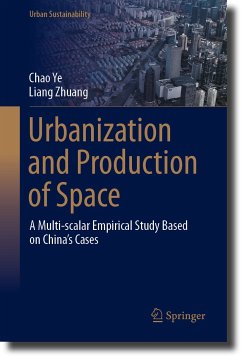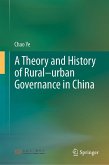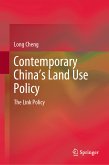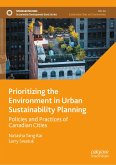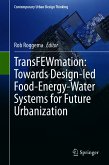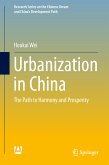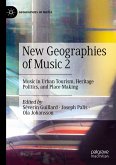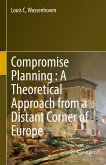This book studies China's urbanization with the theory of production of space. The authors redefine the production of space and build a new theoretical framework for understanding the evolving relations between urbanization and spatial production. Since the reform and opening-up, especially in the last twenty years, the logic of spatial production has dominated China's urbanization. The authors choose the most representative cases, such as the Yangtze River Delta Urban Agglomeration, Jiangsu Province, National High-tech Industrial Development Zone, New Urban District, State-Level New Area, University Town, and some villages, to conduct a series of empirical studies on production of space at the macro-, meso-, and micro-scales. Through an in-depth analysis of the interaction between social spaces and urbanization influenced by power, capital, and class, the book reveals that the essence of China's urbanization is dominated by the logic of spatial production. The authors finally proposethat an important shift toward humanism should be made in the future development of China's new-type urbanization, emphasizing more even and adequate development between different regions and between urban and rural areas, which also provides new ideas for the theory and practice of urbanization worldwide.
This book can be read and referenced by researchers in the fields of urban and regional studies, geography, sociology, urban and rural planning, management, etc. It can also be used as a teaching reference book for teachers, researchers, and students of scientific research institutions in related fields.
Dieser Download kann aus rechtlichen Gründen nur mit Rechnungsadresse in A, B, BG, CY, CZ, D, DK, EW, E, FIN, F, GR, HR, H, IRL, I, LT, L, LR, M, NL, PL, P, R, S, SLO, SK ausgeliefert werden.

